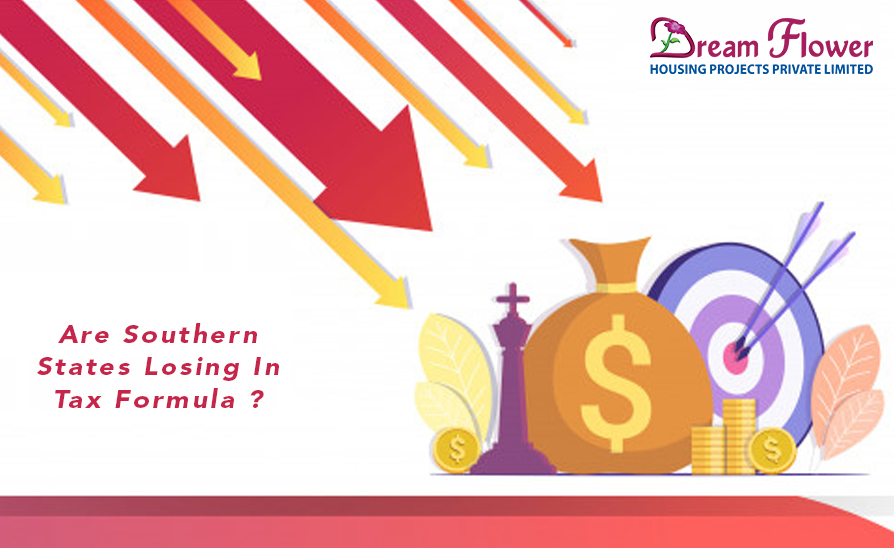The Fifteenth Financial Commission
The fifteenth financial commission, constituted on 27 November 2017, was set up based on the abolishing of the Planning Commission. This time, the commission was set up for deriving recommendations on certain important and distinctive features. The major features under consideration include setting up non-lapsable funding for Indian Defence needs, various national flagship programs, and re-organization of Jammu & Kashmir into two Union Territories to name a few. The commission aims to achieve a balance between all 3 tiers of government in a very credible and clear manner.
Features of the Fifteenth Financial Commission
The share of states in central taxes was virtually unchanged for the next financial year, by the fifteenth financial commission. A revamped formula for the allocation of tax-proceeds between states was proposed. Surprisingly, Indian states such as Bihar, Arunachal Pradesh, Rajasthan, and Maharashtra are the biggest gainers of this new allocation process.
According to an analysis by M. Govinda Rao, a member of the fourteenth financial commission, southern states such as Kerala and Karnataka are primed to be the biggest losers in the whole scheme of things. Other states in the loser’s list include Andhra Pradesh, Telengana, and Assam.
Stats that support this speculation:-
The percentage of change in tax-shares for various states is as follows:
- Kerala – 22.4%, Karnataka – 22.5%, Telangana – 12.7%, Assam – 5.4%, and Andhra Pradesh – 4.4% ( Top five biggest losers).
- Arunachal Pradesh – 28.5%, Meghalaya – 20.3%, Manipur – 16.1%, Nagaland – 14%, and Punjab – 13.3% (Top five biggest gainers).
What does the constitution mandate?
The constitution mandates that the center share tax proceeds with other states. These provinces or states can also tap other revenue sources such as VAT (Value Added Tax) on petrol and diesel, stamp duty, and excise on alcohol.
The fifteenth financial commission will decide the formula for six years this time (previous finance commissions used to decide tax formula for 5 years only). A suggestion has been put-forth for providing 41% of the center’s net tax receipts.
The big takeaway
The fifteenth financial commission may examine if revenue deficit grants should be allocated to states from now on. This can create a difference in new-tax sharing schemes in 2020. Revenue transfers allocated to states will undergo significant changes this year as the formula has been revamped as aforementioned.
Why southern states are losing out?
As per keen observation, the reduction in new-tax share or allocation is highest for Karnataka, Uttar Pradesh, Kerala, Telangana, and Andhra Pradesh. One of the major reasons for Kerala and Karnataka to lose out is that per-capita income growth is much faster than other states. The difference from the highest per-capita income in both these states is just about 10% now.
Commission’s Recommendations
- Use of escape clause for triggering half-a-percentage point, easing the overall fiscal deficit target. This aids, center to deviate from a fiscal consolidation plan if needed.
- Performance-based incentives for agriculture can be helpful as well.

